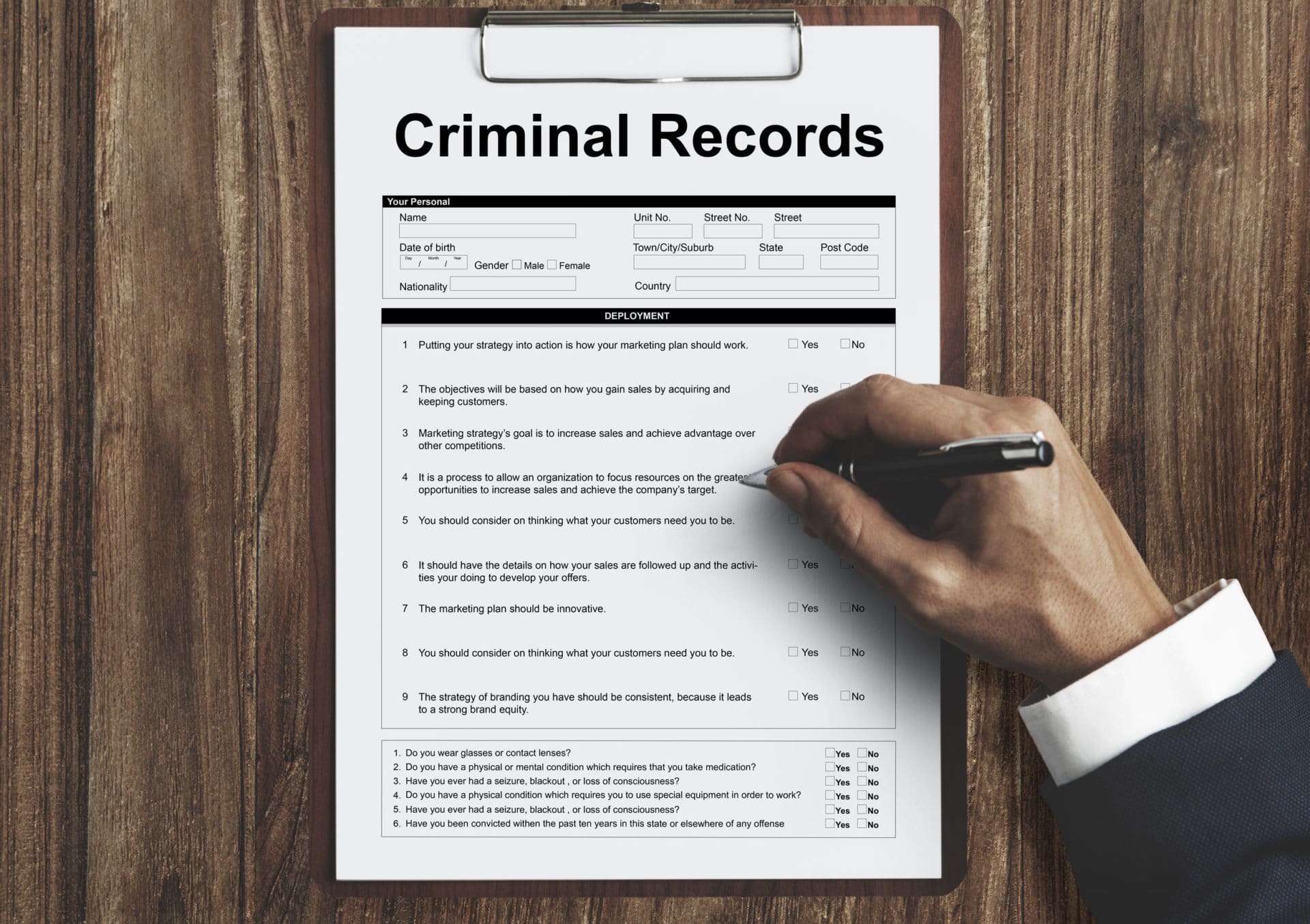Is Marijuana Legal Yet in Illinois? What Does the Law Say?
The use of marijuana has been a controversial topic for decades.
Many have argued that the use of marijuana is a relatively harmless act and that criminalizing it is a waste of law-enforcement resources. On the other hand, even a small possession charge held severe consequences in most states. That is, until relatively recently.
Now, more and more states are beginning to review their current drug legislation and adjust policies so that they reflect modern attitudes. Illinois is one of them.
A Brief History of Illinois Marijuana Laws
Violations of previous Illinois marijuana laws involving as little as 2.5 grams or less could land offenders in jail for a month. Still, the state of Illinois has proven an early advocate for reducing over-harsh penalties.
In 2014, Illinois proposed 3 bills that would greatly change the way the state dealt with cannabis. Then, a law was passed in 2016 that made possession of fewer than 10 grams of weed punishable by a small fine, not jail time.
While possession of marijuana in larger quantities still carries consequences, some quite severe, based on the amount and circumstances surrounding the charge, we may see another change, come 2020.
An In-Depth Look at Legalized Marijuana in Illinois for 2020
The Governor of Illinois signed the legalization of recreational marijuana into law on June 25th, 2019. It will be enacted beginning January 1st, 2020.
Remember! Between now and January 1st, marijuana is still illegal. Current laws and policies are still in place until the end of 2019. In the meantime, learn how marijuana will be handled once the new policy goes into effect…
Who Will Be Able to Purchase Illinois Marijuana
Adults aged 21 and over will be able to purchase and possess the following:
- Up to 30 grams (about one ounce) of marijuana flower (dried plant material)
- Edibles totaling no more than 500mg of THC
- Up to 5 grams of cannabis concentrate products
Non-residents will only be able to purchase half of these amounts.
Taxing Recreational Weed
Recreational marijuana will be taxed at different rates in the state of Illinois based on THC levels. These tax rates are as follows:
- Marijuana and cannabis-infused products with a THC level that is less than 35% will be taxed at 10% of purchase price
- Cannabis-infused products with a THC level that is more than 35% will be taxed at 20% of purchase price
- Marijuana with a THC level that is more than 35% will be taxed at 25% of the purchase price
Smoking Cannabis in 2020
For now, the recreational use of Marijuana is prohibited in public spaces. Consumption is only legal in private residences. So if you are caught smoking in public, you may face charges.
New ways of thinking are typically accepted one step at a time, and the legalization of marijuana is no different. We can tell you that local jurisdictions can decide if they will allow people to smoke inside local dispensaries.
In the meantime, don’t risk getting into trouble. Limit your cannabis use to private homes.
What to Know About Growing and Selling
For those hopeful horticulturalists among you, be clear: Only medical marijuana users are currently allowed to grow plants at home legally right now. Even they are limited to a maximum of 5 plants.
Medical marijuana cultivators and dispensaries will be able to start selling to adults on January 1st, 2020 until new licenses are approved.
If you are not a licensed cultivator or dispensary and do not have the proper documentation to grow for medical consumption, again, understand your limits and enjoy the new legislation within the bounds of the law.
Managing Previous Possession Charges

Lastly, under the new policy, individuals with previous possession charges under 30 grams will have the ability to refer their records to the Prisoner Review Board for pardon. If your pardon is granted, the Illinois attorney general will take action to expunge those records.
For those persons convicted of possession of more than 30 grams, there is also home. Local state attorneys have the right to pursue these types of expungements on a case by case basis.
About the Author:
Andrew M. Weisberg is a former felony prosecutor who now serves as a defense attorney in the greater Chicago area. He has extensive experience in handling all types of criminal cases, from sex offenses and domestic violence to retail theft-related crimes, murder, and drug crimes.







 Blog Home
Blog Home 










